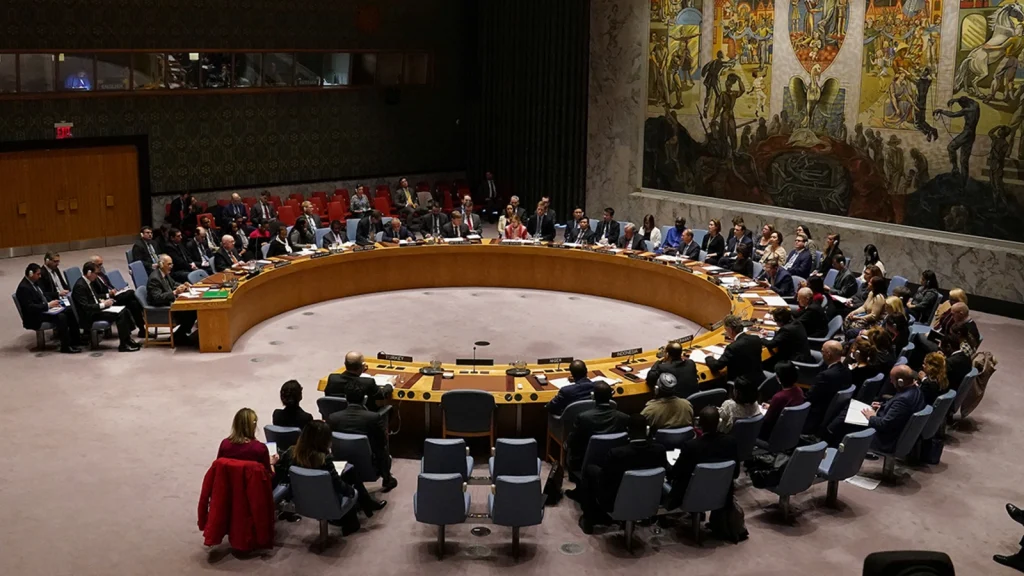Deputy Prime Minister/ Foreign Minister, Senator Mohammad Ishaq Dar will preside over a high-level United Nations Security Council (UNSC) Open Debate on the theme “Promoting International Peace and Security through Multilateralism and the Peaceful Settlement of Disputes.”
This hallmark event marks a important moment in Pakistan’s presidency of the UN Security Council for the month of July. It will underscore the country’s steadfast commitment to multilateral diplomacy and the foundational principles of the UN Charter.
The UN Secretary-General is expected to brief the Council, followed by interventions from Council members and broader UN member states. The open debate will serve as a platform to reinforce international consensus on resolving conflicts through dialogue, diplomacy, and collective action rather than unilateralism or force.
This is the first of two main events planned by Pakistan during its Council presidency, exhibiting Islamabad’s strategic emphasis on revitalizing multilateral approaches to global peace and security challenges.
Besides chairing the session, Deputy Prime Minister/ Foreign Minister, Senator Dar will engage in a series of bilateral meetings on the sidelines. He is scheduled to meet with:
- Minister of Economy and Planning of Saudi Arabia
- UK Minister for Africa, the United Nations, Commonwealth, and Multilateral Affairs
- Foreign Minister of Thailand
These meetings will focus on strengthening bilateral cooperation and aligning perspectives on key regional and international issues.
The Foreign Minister will also give an interview to international media outlet to highlight Pakistan’s diplomatic priorities and its vision for global peace and stability.
Later, he will attend a reception hosted by Pakistan’s Permanent Representative to the UN, where selected ambassadors and senior UN officials will be present. The gathering aims to promote diplomatic engagement and reinforce Pakistan’s commitment to the principles of constructive multilateralism.
With this initiative, Pakistan confirms its belief that enduring peace and security can only be achieved through inclusive dialogue, respect for international law, and collective global responsibility.


